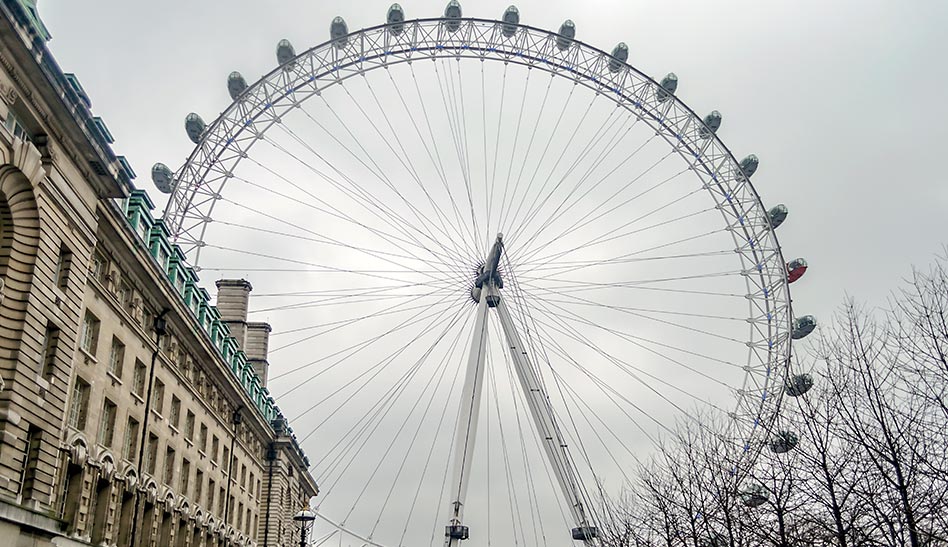Atlantis Medical News
NHS leaders must be honest about the service’s poor performance
- < Back to news listing
- < Previous
- Page 3 of 18
- Next >
Steve Black accuses the NHS’s leadership of spinning bad news
When the monthly dump of NHS performance statistics are published and NHS England responds, I sometimes completely lose my shit.
It happened to me again on 11 January when Stephen Powis appeared on Radio 4’s World at One (Listen here: the story starts about 29m:40s in).
The numbers were bad, very bad, with most areas showing the worst ever performance. The first words of Professor Powis’ response were what caused me to lose it. He said “There is some really good news in there”.
Was there? Really?
What he said later caused me to think that NHSE have not yet achieved a positive clue quota. He basically excused many of the awful numbers as a consequence of “increasing demand” and excused future poor performance as a result of “increasing population pressure”.
This suggests one of three things: he is clueless about the causes of poor performance; he is a hard core advocate of the power of positive thinking; or he wants to cover up how bad things are with meaningless spin. Or all three.
But his statements are completely normal practice for the NHS leadership. Amanda Pritchard recently claimed that NHS productivity was really improving and any problems were purely an issue with how it is measured. Widespread incredulity followed, especially from groups who know how to calculate productivity.
The combination of spin and “it’s not my fault, governor” diversionary tactics in the face of grim numbers seems to be a major feature of the NHSE communication’s strategy. It is also a symptom of a catastrophic failure to get to grips with performance.
The attempt to divert the blame for performance away from the role played by NHSE only works when the listener is unfamiliar with NHS statistics. Powis blamed rising demand and population pressures for the awful numbers. But that isn’t true.
Rob Findlay pointed out in his latest analysis of the RTT numbers that “demand for elective care [has] remained at pre-pandemic levels”.
Emergency care demand in major accident and emergency departments has been essentially flat since before the pandemic (e.g. demand in December 2023 was 0.7 per cent up on December 2019, 2022-23 was lower than the previous year). And you can’t blame the pandemic either as current demand is way lower than pre-pandemic growth would suggest. NHSE’s own analysis finally admitted in Jan 2023 that demand was not the problem in A&E.
But the two messages any listener would take from the Powis interview would be “really good news” and “it isn’t my fault”. These are not new messages. For example, see this story from the same week six years ago when performance was looking grim (though far, far better than performance now). It’s headline was: “Why the NHS is performing miracles”.
The story claimed: ”…the NHS has been able to – by and large – prevent the situation spiralling completely out of control and into a full-blown national crisis.”
Avoiding a “full blown national crisis” in an interesting definition of “a miracle”.
The last decade in NHS history has seen plenty of spin but little sign performance is improving. Spin has replaced realism about what needs to be done. The way NHSE is managing NHS performance is systemically, deeply, fundamentally, broken. As Paul Corrigan–one of the wisest NHS commentators and someone who remembers how things used to work – recently said: “While NHSE’s performance system may be doing all sort of things, one of them isn’t managing performance.”
Consider the contrast with how Churchill dealt with military catastrophe…
When facing the catastrophic military defeat that led to the successful evacuation from Dunkirk in the early days of Churchill’s first days as prime minister, he didn’t spin the situation with “there is some really good news in there”: He said: “We must be very careful not to assign to this deliverance the attributes of a victory. Wars are not won by evacuations…‘our thankfulness at the escape of our Army and so many men…must not blind us to the fact that what has happened in France and Belgium is a colossal military disaster.’”
That passage comes in the famous “we will fight them on the beaches” speech. But he already laid the foundations of honesty in his first speech as PM a couple of weeks earlier where he said: “I have nothing to offer but blood, toil, tears and sweat”. He didn’t try positive messaging. He openly admitted the scale of the disaster and sought to steel the country for the hard, difficult effort that would be required for recovery.
Public and military morale was low. The country was close to losing its will to fight. Churchill’s honesty about the problem was one of the keys to turning it around. Morale got better when he admitted the scale of the problem.
Facing declining staff morale and rapidly falling public confidence in the NHS, NHSE chose spin not honesty. Make of that what you will.




Enter text shown in the image